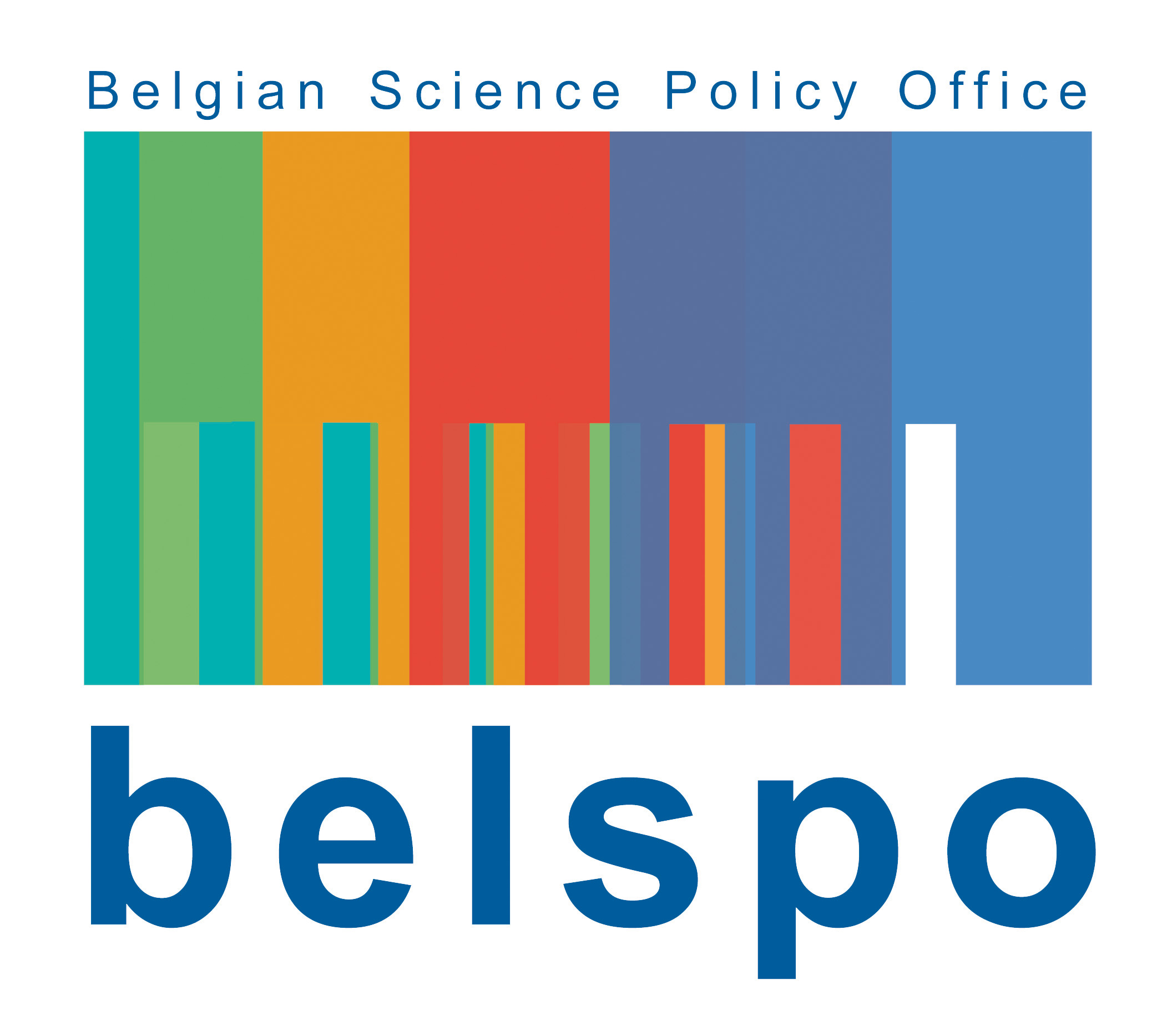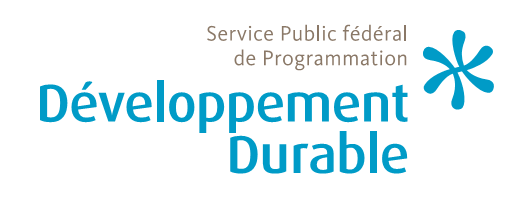 |
The Federal Public Service Health, Food Chain Safety and Environment, through its Environment Directorate General (Environment DG), is in charge of the coordination of international environmental policy, through the Coordinating Committee for International Environmental Policy. Other biodiversity-related attributions include the political follow up of the Cartagena Protocol on Biosafety and the importation and transit of non indigenous animal and plant species as well as the implementation of CITES. The protection and the sustainable development of the North Sea ecosystem is a federal competence, overseen by the Environment DG in cooperation with other administrations. The Environment DG has been designated, under the Convention on Biological Diversity, as 'Belgian Focal Point for Access and Benefit Sharing' and as 'National Focal Point for the Cartagena Protocol on Biosafety'. |
 |
The Belgian Federal Science Policy Office (BELSPO) is in charge of the scientific aspects of sustainable development at the federal level and of the implementation of the international obligations contracted during the Rio Conference on Environment and Development (which include the CBD). Its has launched and is managing a long-term plan for scientific support of the federal sustainable development policy. This plan assures the financing of research activities and makes funds available for CBD implementation, inter alia through its programmes Global Change, North Sea, Telsat and Antarctica. The Federal Science Policy Office overarches ten scientific institutions, including the Royal Belgian Institute of Natural Sciences (RBINS) and the Royal Museum for Central Africa (RMCA). These institutions represent an important part of the Belgian scientific expertise in the field of biodiversity, namely in taxonomy, systematics, ecology and nature conservation. |
 |
The Federal Public Service Economy, SMEs, Middle Classes and Energy ensures the follow up of agreements on intellectual property rights and the work done by the World Trade Organisation (WTO). It is involved in discussions dealing with the commercial aspects of biodiversity such as the access to, and the sharing of, the benefits of the use of genetic ressources. This Service oversees the National Institute of Statistics, which is in charge of compiling the Belgian data on biodiversity for the OECD. |
 |
The Service of the Federal Public Service of Foreign Affairs, Foreign Trade and Development Co-operation assures the political follow-up of the international agreements contracted by Belgium, including the Convention on Biological Diversity. |
 |
Through its multilateral cooperation, the Directorate General for Development Cooperation (DGDC) manages the Belgian financial contribution to the multilateral environmental agreements, among which the CBD. The DGDC is part of the Federal Public Service of Foreign Affairs, Foreign Trade and Development Cooperation. It also provides funds to the United Nations agencies and programmes and to the Global Environmental Facility (GEF). Through its indirect cooperation, it finances development cooperation and research projects on biodiversity by universities, scientific institutions and NGOs. It provides structural funding to the RBINS and RMCA to carry out capacity building activities directly under the CBD framework. |
 |
BTC is the Belgian development agency. For the account of the Belgian state and other commissioners it supports and provides guidance to development programmes. |
 |
The Federal Programming Public Service 'Sustainable development' helps the other federal administrations to prepare and implement sustainable development policy. It has also for mission to raise public awareness on sustainable development. |
 |
The Inter-departmental Commission for Sustainable Development (ICDO-CIDD) has for mission to prepare and supervise the implementation of the Federal Plans for Sustainable Development (FPSD). The second plan targets the period 2004-2008 (FPSD2)and includes a biodiversity component, it was extended until the adoption of the next plan. A new 5-year Federal Plan for Sustainable Development is being prepared (FPSD3). |
 Ministries, administrations and affiliated public structures
Ministries, administrations and affiliated public structures





 This site uses cookies in order to function as expected. By continuing, you are agreeing to our
This site uses cookies in order to function as expected. By continuing, you are agreeing to our 